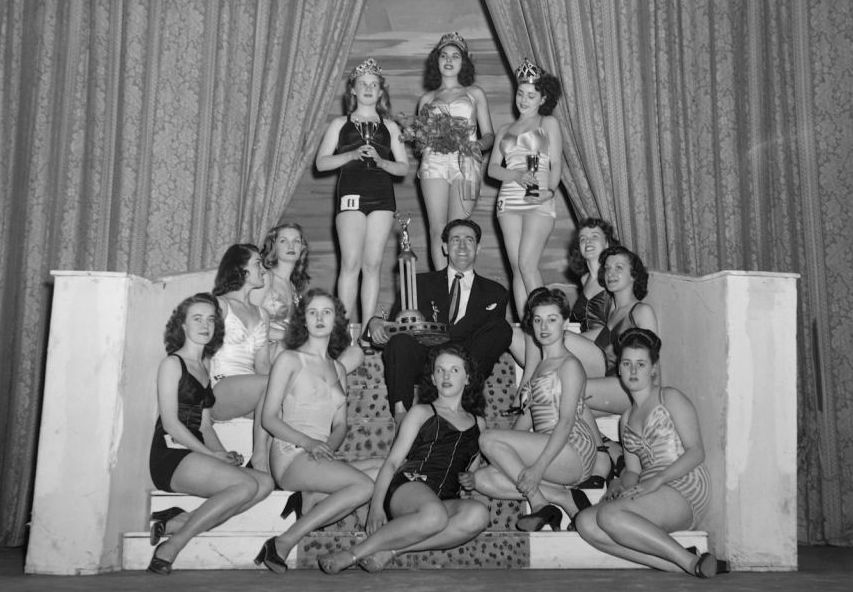That day, I was driving across Kansas, flat and green and empty, the freeway mathematically straight, the few trees I could see, elms and oaks, clustered around farmhouses, scraggly and stooped, windbreaks clinging to the soil in a place they didn’t belong.
I’d stayed in Arkansas the night before. College town in a dry county. From the window of my third-floor hotel room, I could see the stumpy gray tower of a nuclear reactor, a giant’s ottoman, surrounded by lush green forest, and I imagined teenagers dancing around a bonfire in the woods, drinking contraband whiskey, reveling in their small act of rebellion while soaking in poison.
And twelve hours later as the pain in my lower back went from dull to thumping, I pulled off the freeway in nowhere Kansas to a cluster of new construction in the middle of a cornfield, the roadside attractions of Holiday Inn, McDonald’s, Flying J, their parking lot still roped off to let the asphalt set. I booked a room and took a shower in a harshly lit bathroom that still smelled of fresh paint and drywall.
The town was a mile off, a cluster of short buildings sticking up from a dense green circle of trees, more than I’d seen in one place since leaving Arkansas. I scrolled through restaurant descriptions trying to find something local, looking at addresses, and I realized I had landed in my father’s home town. I was good with maps, always knew where I was a day before I got there, but it had tricked me.
He had rarely spoken of Salina. Said they’d been poor, and that was that. But once, he told us that his mother, long dead from a drunk driving accident, had been considered the most beautiful woman in Kansas. That night they had been out dancing. Drunk and giddy, they had hit another car head-on, and she had taken flight in cocktail dress and pearls, landing on damp lawn, her neck broken.
And the town had frozen in that moment. The brewpub I chose was in a converted bank, its entrance defended by a carved granite American eagle atop doric columns, a copperhead snake squirming in its talons, the ceiling still covered with WPA murals of square-jawed farmers busheling corn.
After dinner, I walked through the mostly abandoned downtown onto perfectly straight avenues lined with Victorians and Cape Cods, large, old, run-down. Mom had told us Dad lived in an apartment up the back stairs at one of the big houses. That his grandmother had been the housekeeper, had taken them in after the accident. Three boys and her in two rooms.
Dad had told her to keep it to herself and gone to sit in the garage. The next week she found him on the floor in my sister’s room, dead of a heart attack.
I walked further, light going dim now, past gray peaked roofs, solid oak doors and leaded glass, elm and walnut trees, until I saw it, a single light over the garage at the back, a door at the top of a shaky-looking staircase. Brown paint with blue trim. Two small windows. A flower box. Nothing blooming. No way of knowing, except I knew.
I knew because he whispered it in my ear.
And I knew all of it in that moment. Blankets pulled from freezing children in winter. Grocery money spent on booze. A steaming iron used as a weapon, leaving a jagged scar across her neck. A place of horror and pain and violence. And I knew that he had found the Mormons and joined them because they didn’t drink. Because they loved God and loved their children and believed in forgiveness and kindness, yes, but most of all because they didn’t drink.
Thank God they didn’t drink.
I parked at the entrance to the still barricaded parking lot and walked up to the motel, weeping quietly for everything he’d lost, everything he’d sacrificed for us.
I slept for a few hours, then packed and left before sunrise, before I had to see it in daylight.
